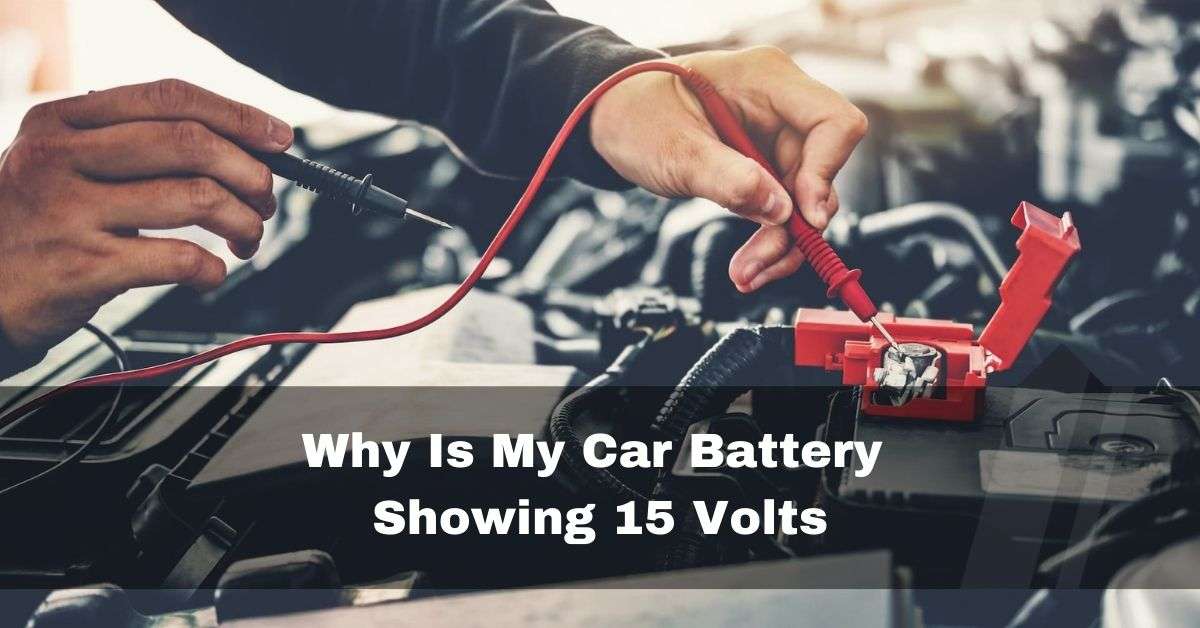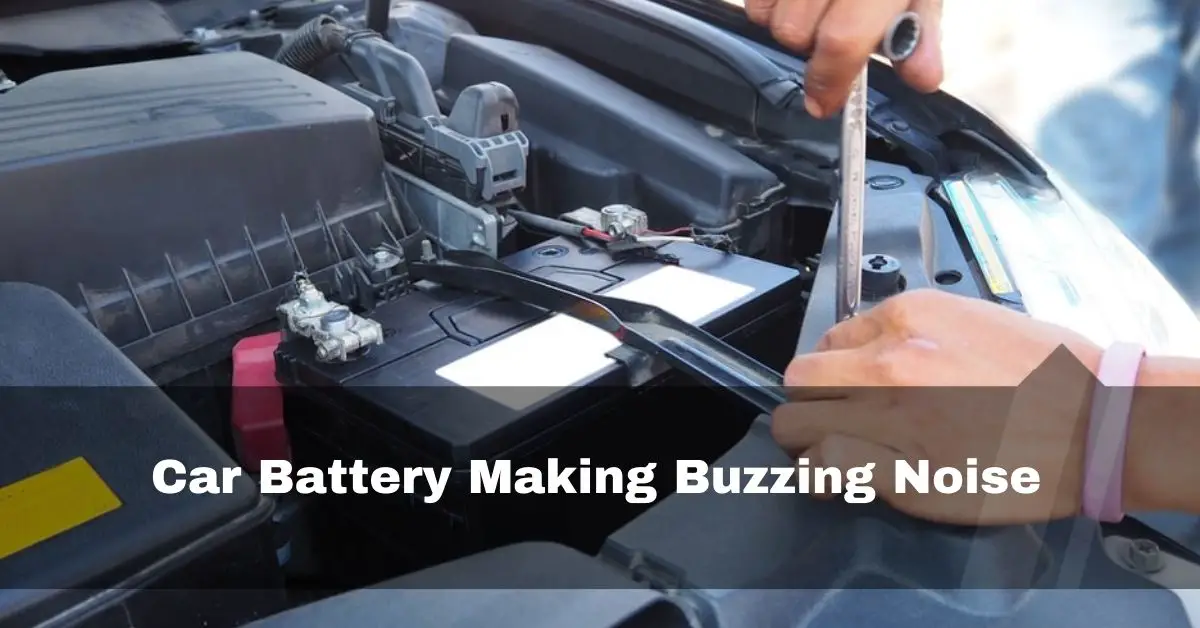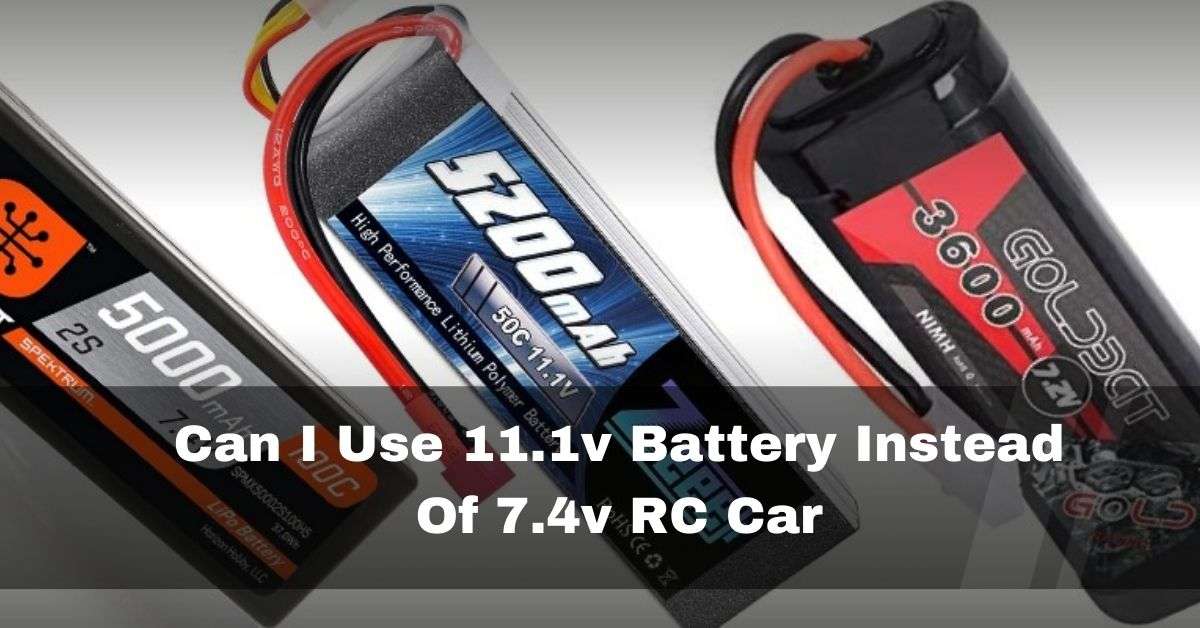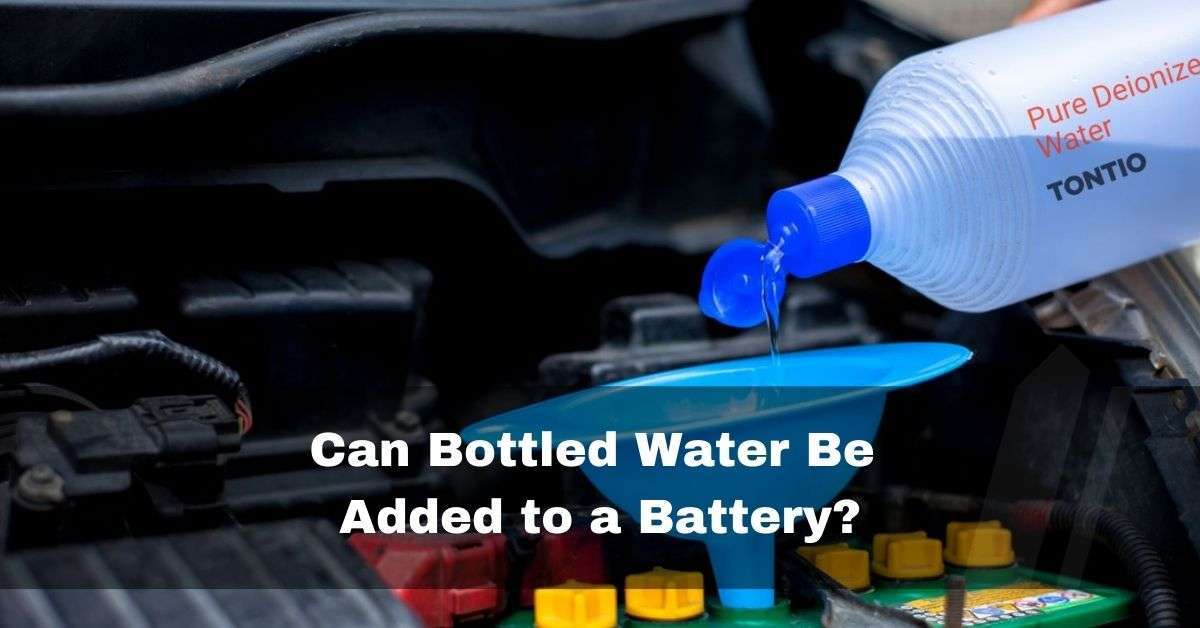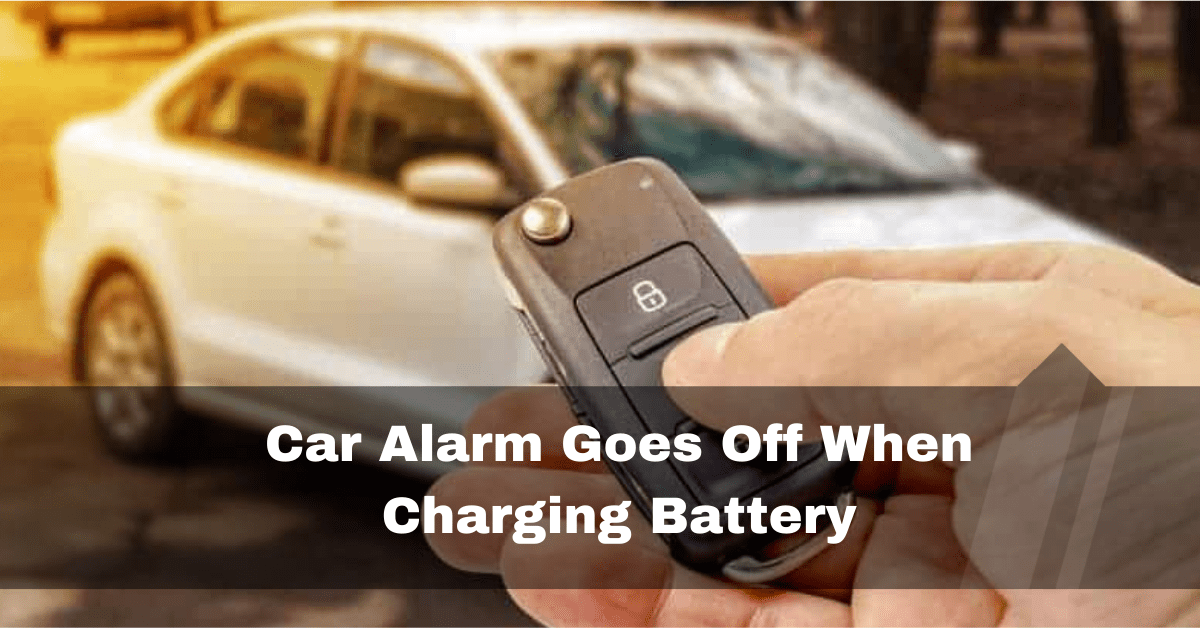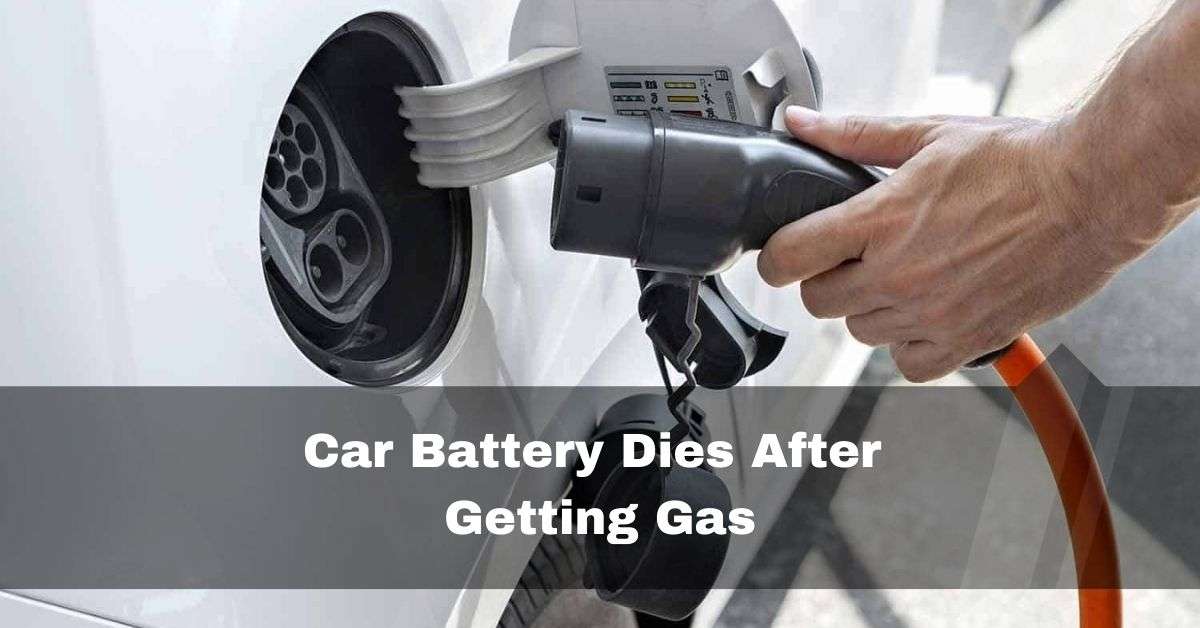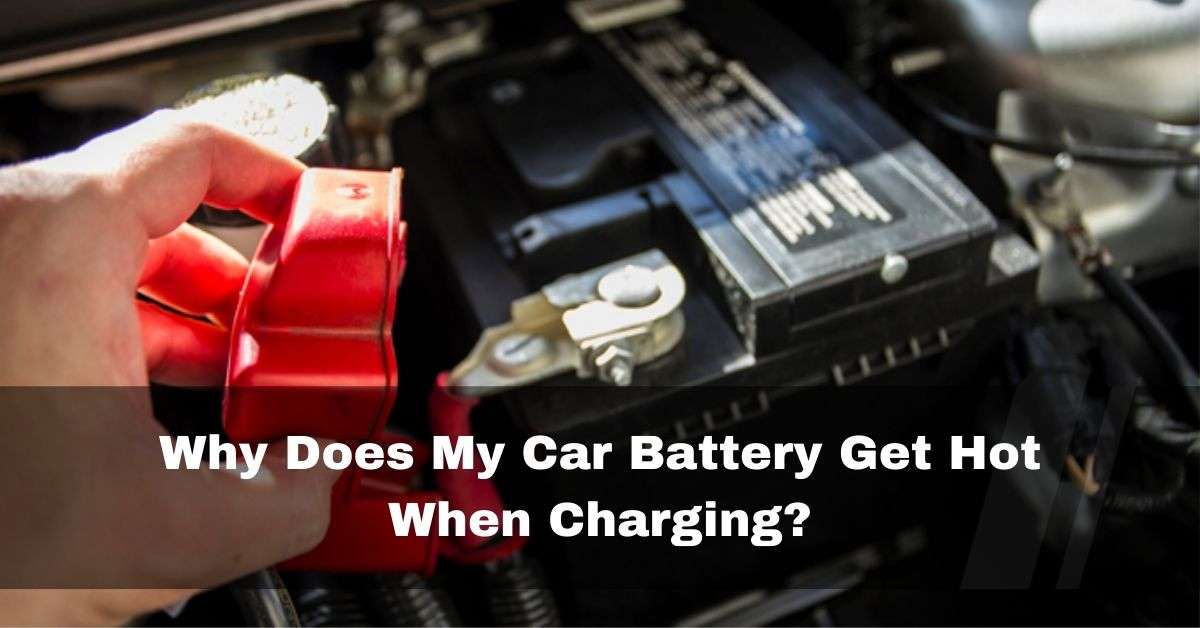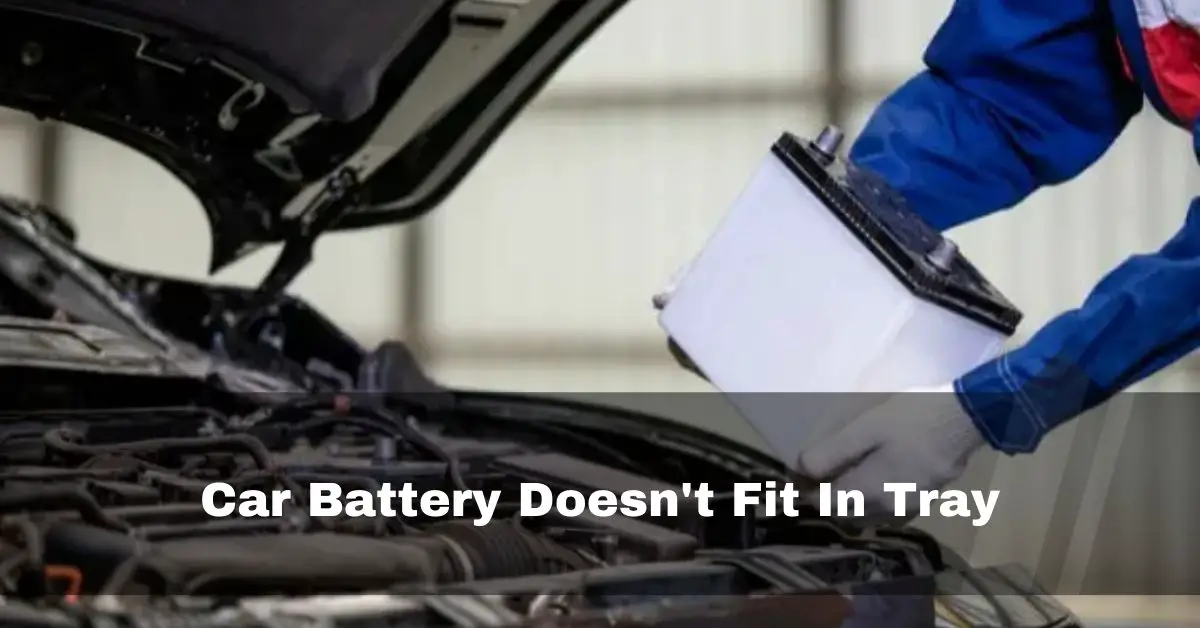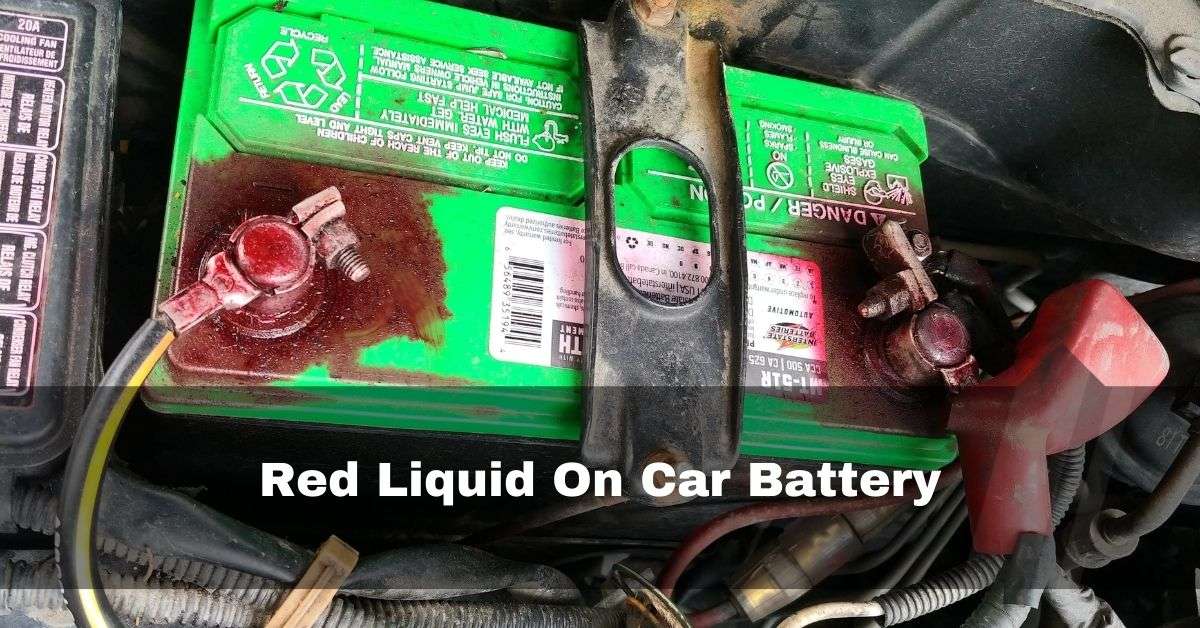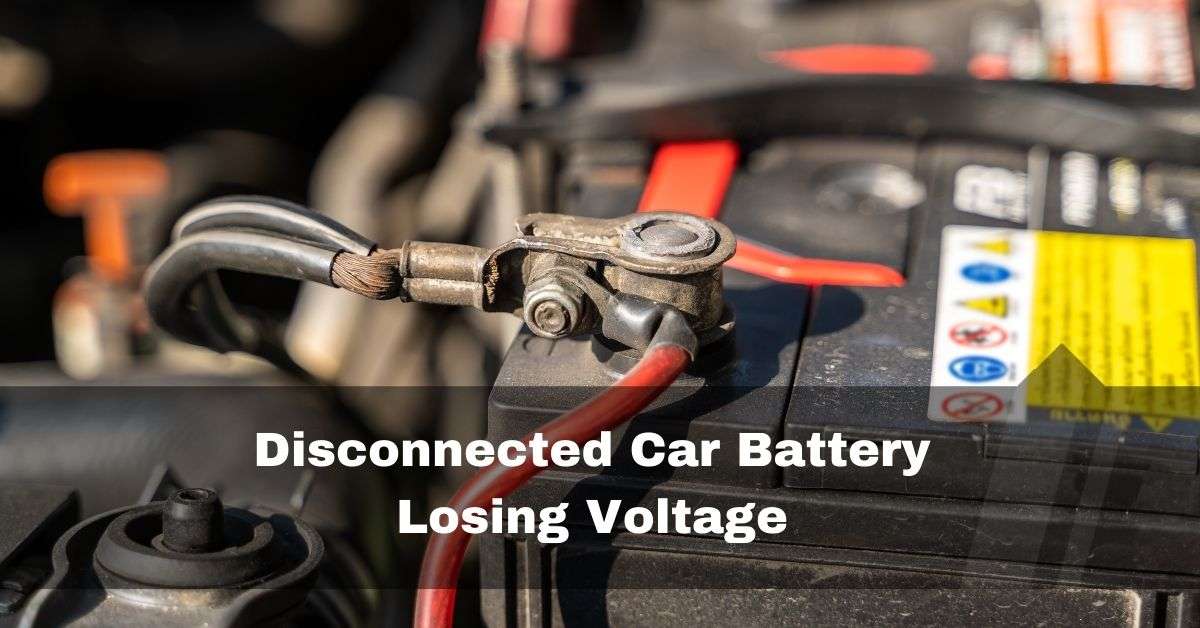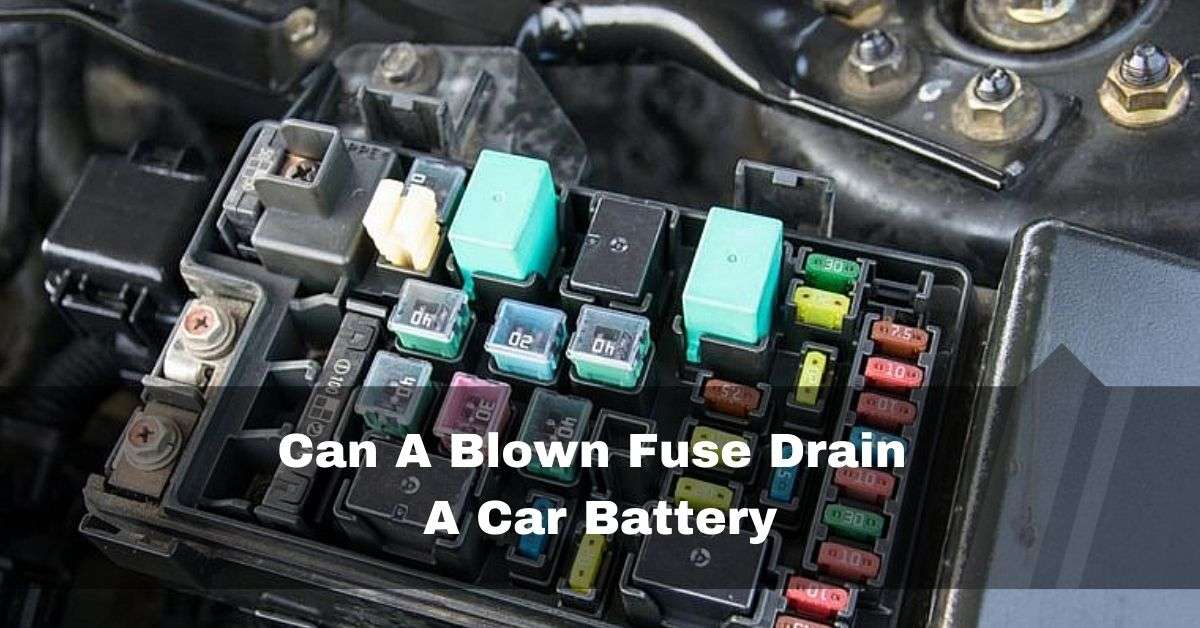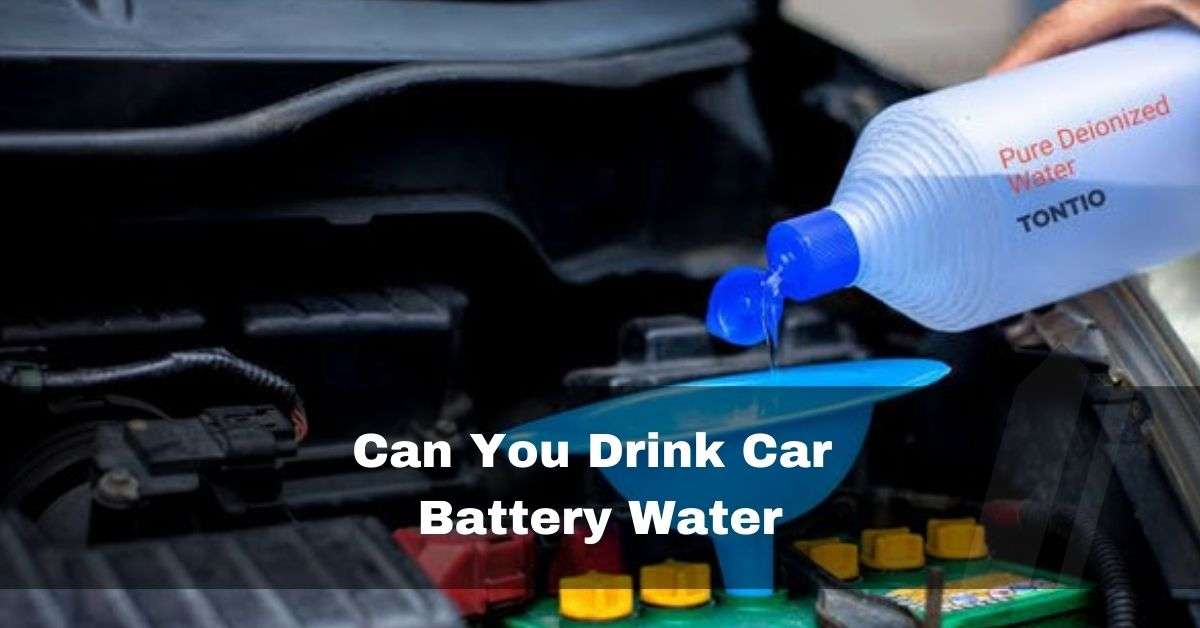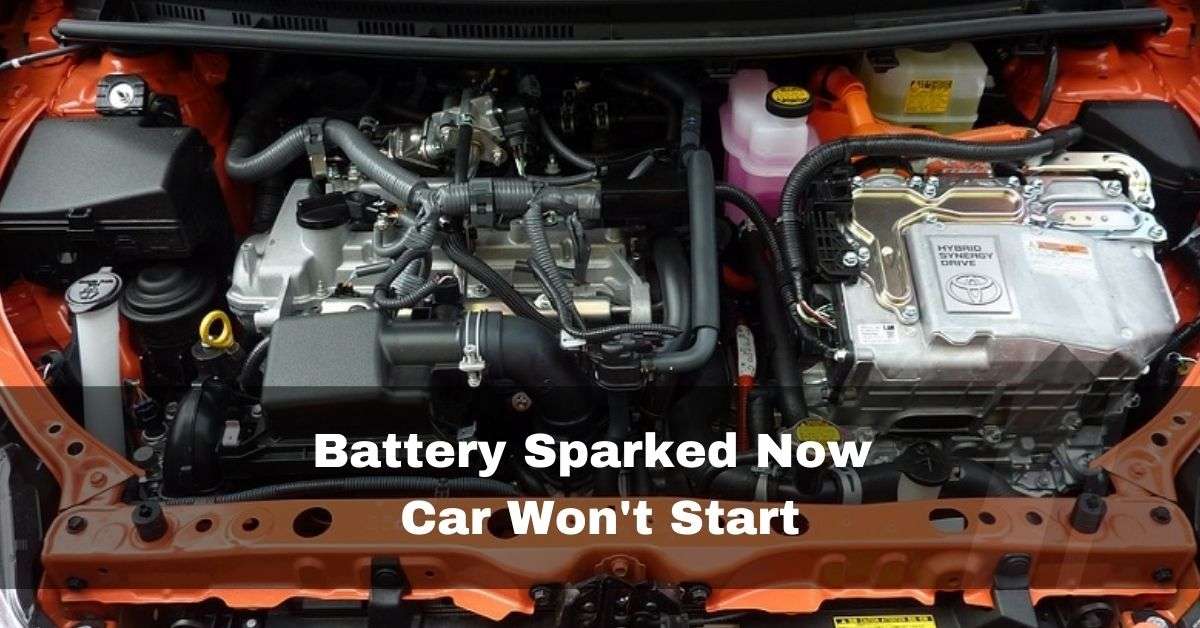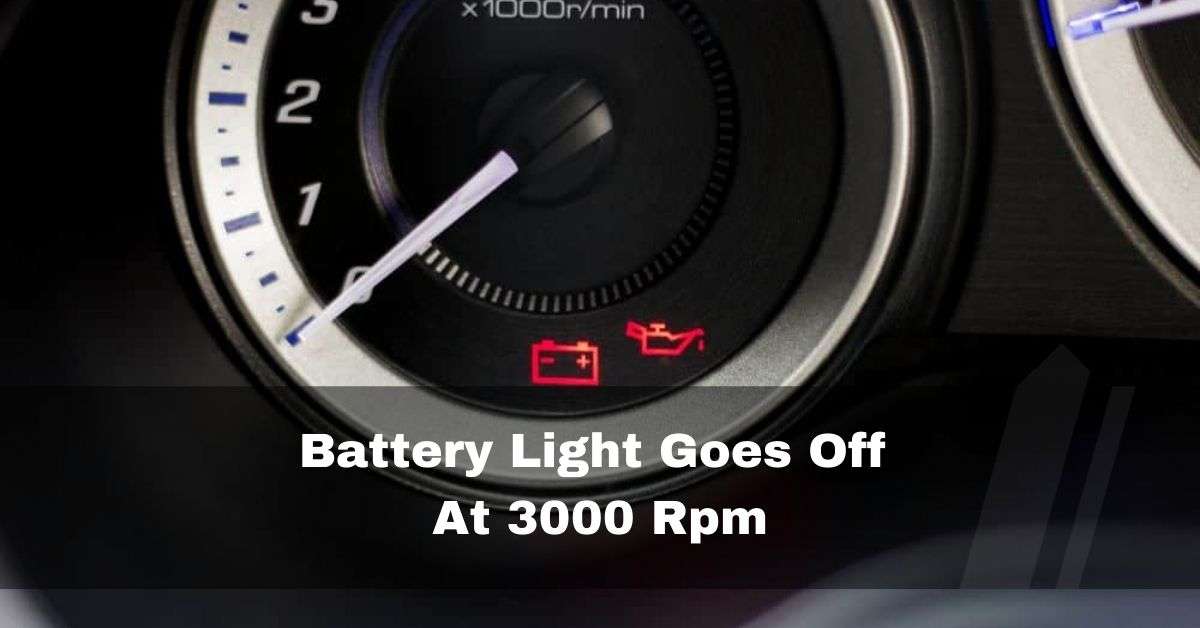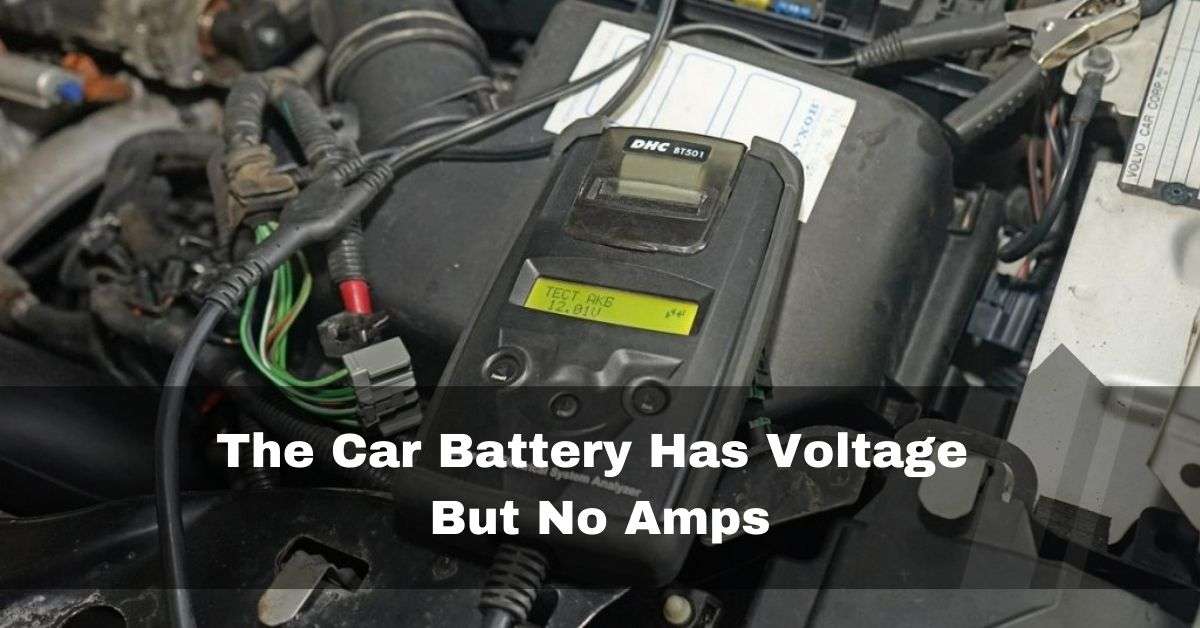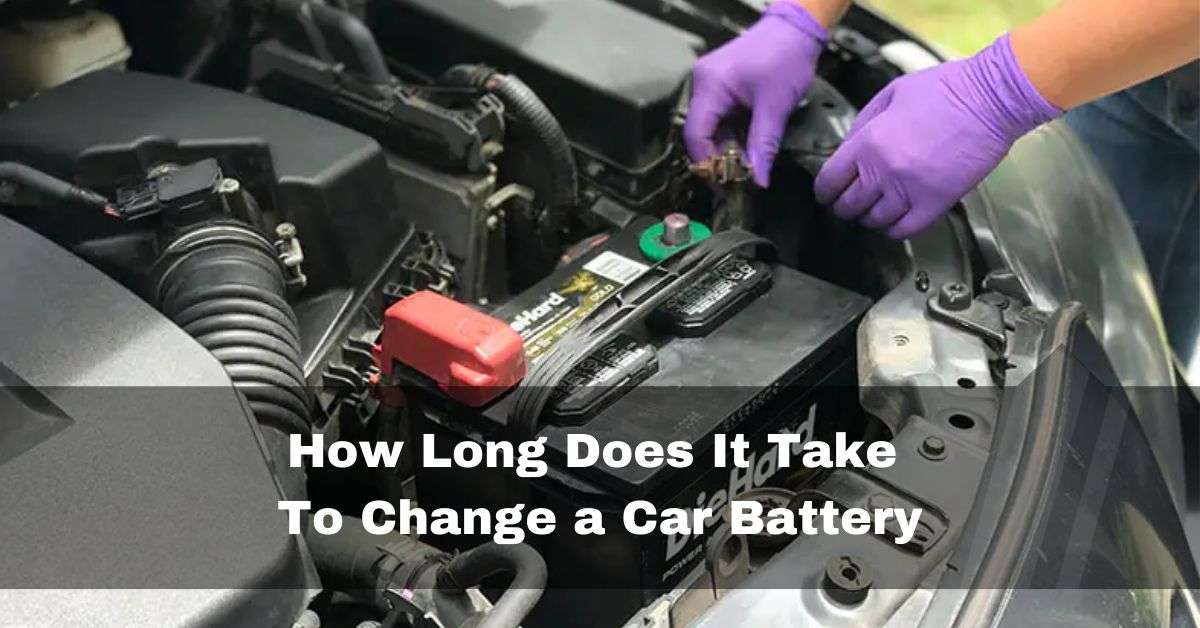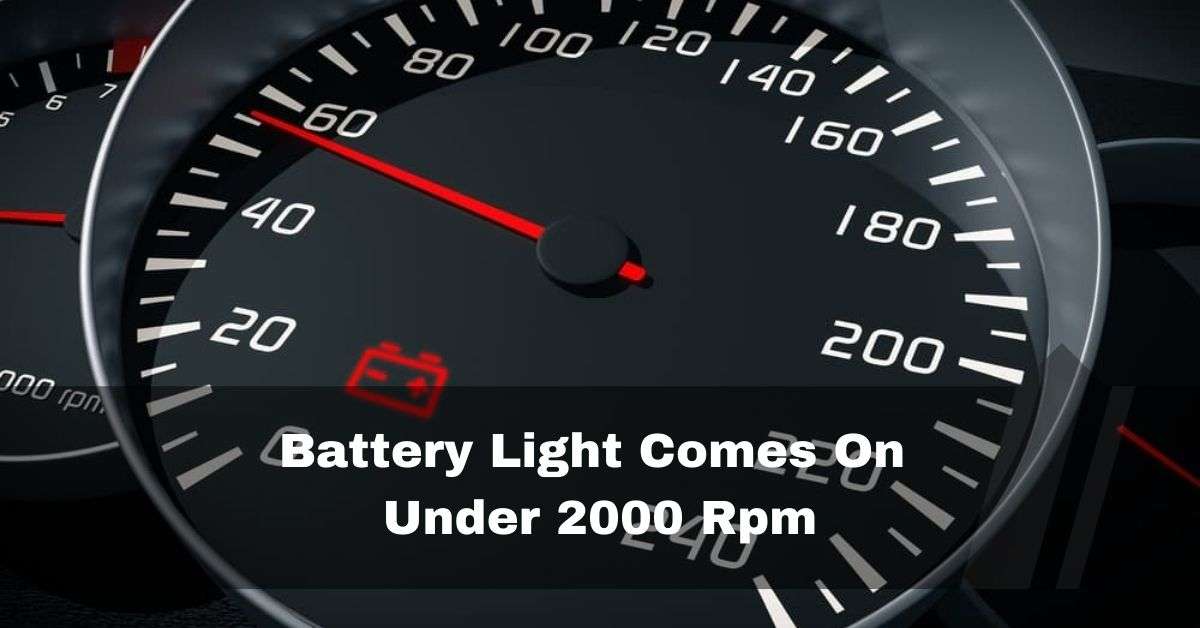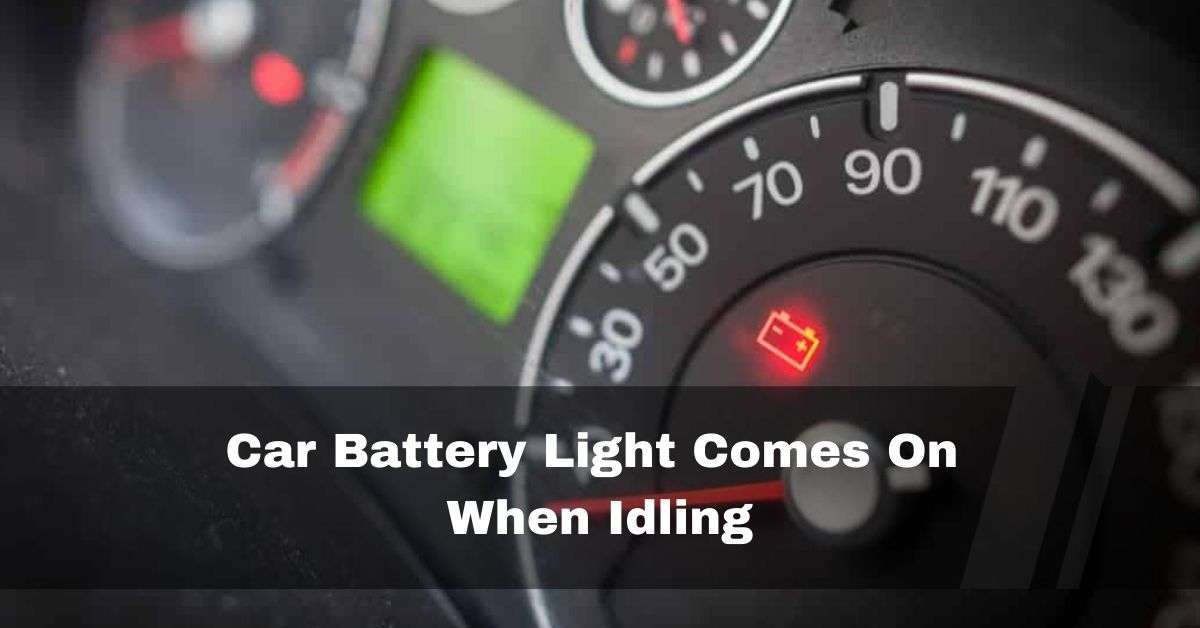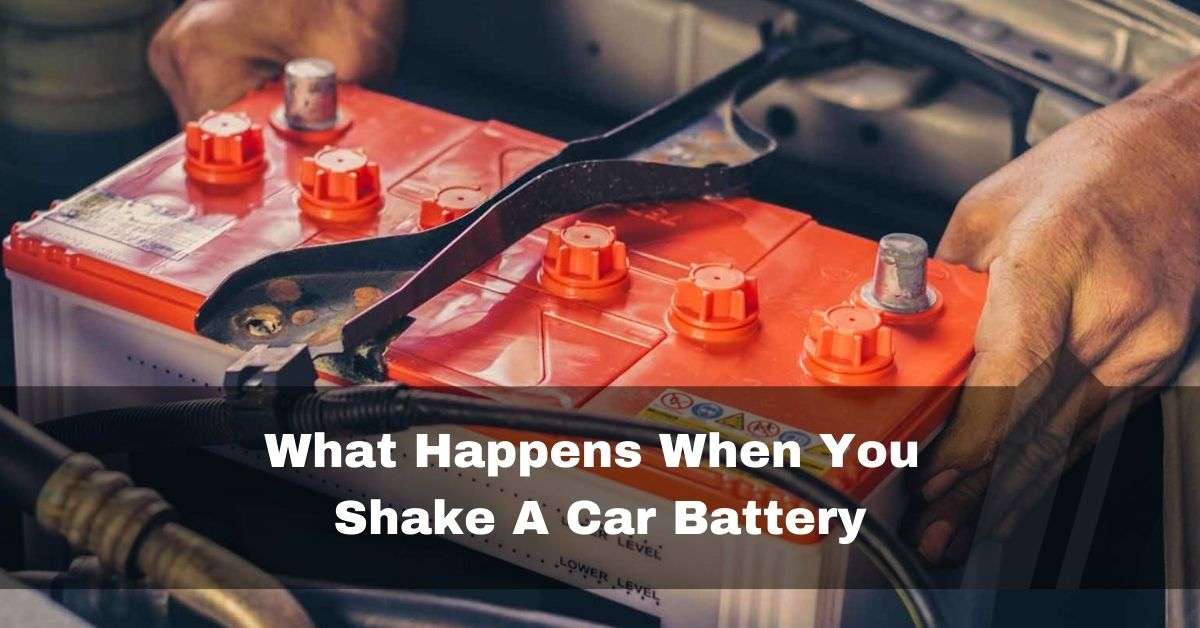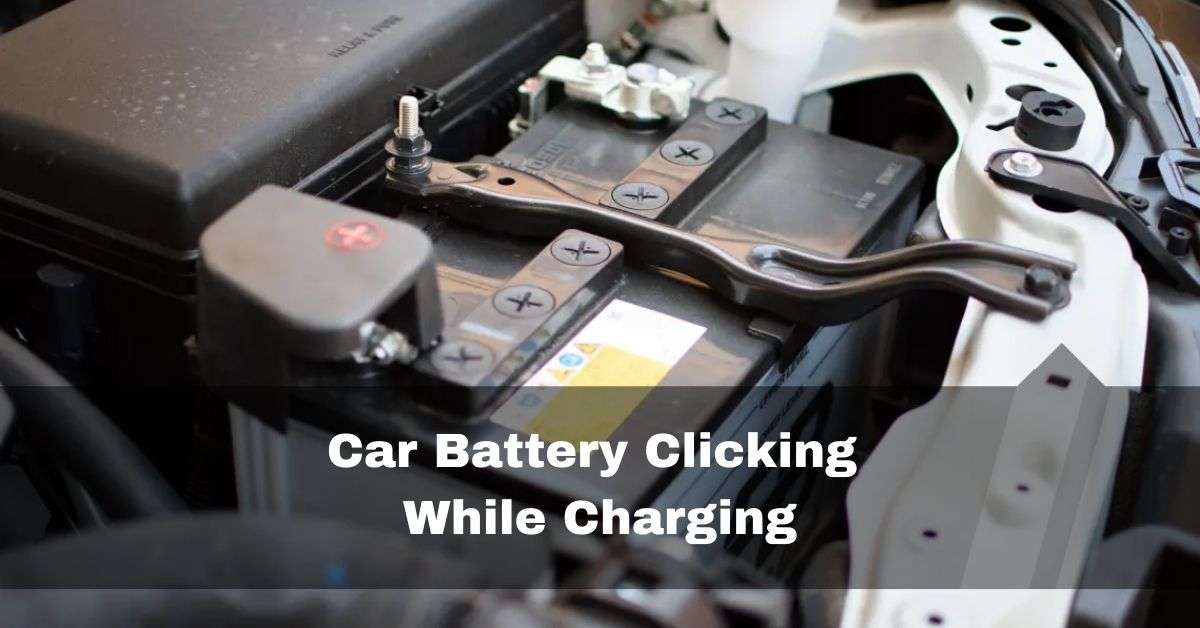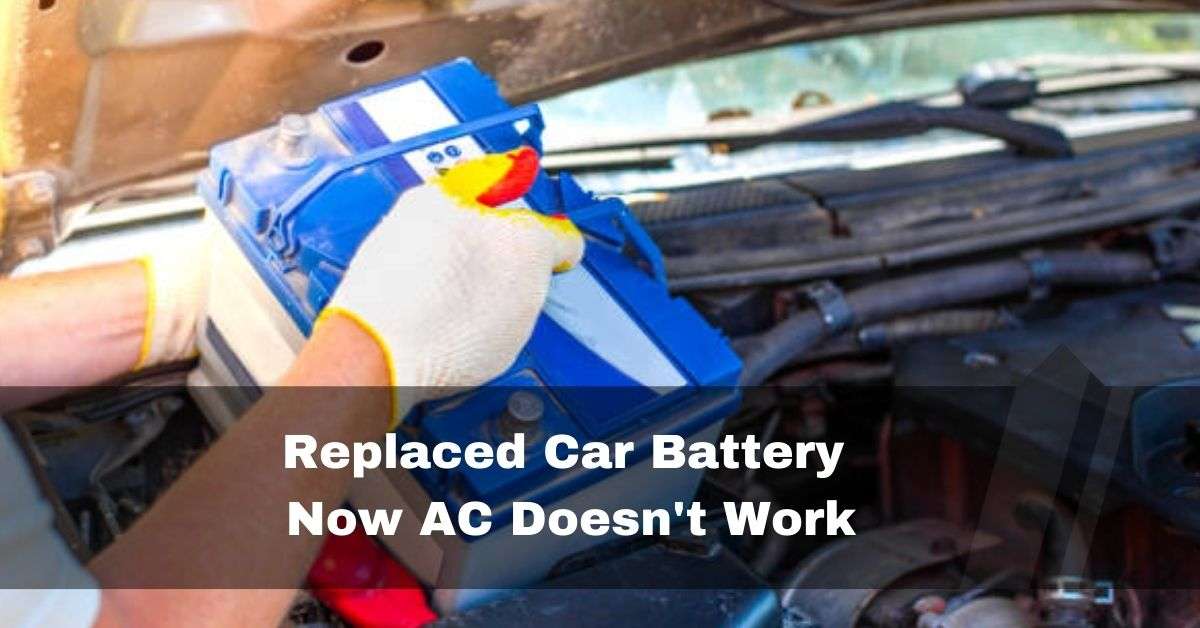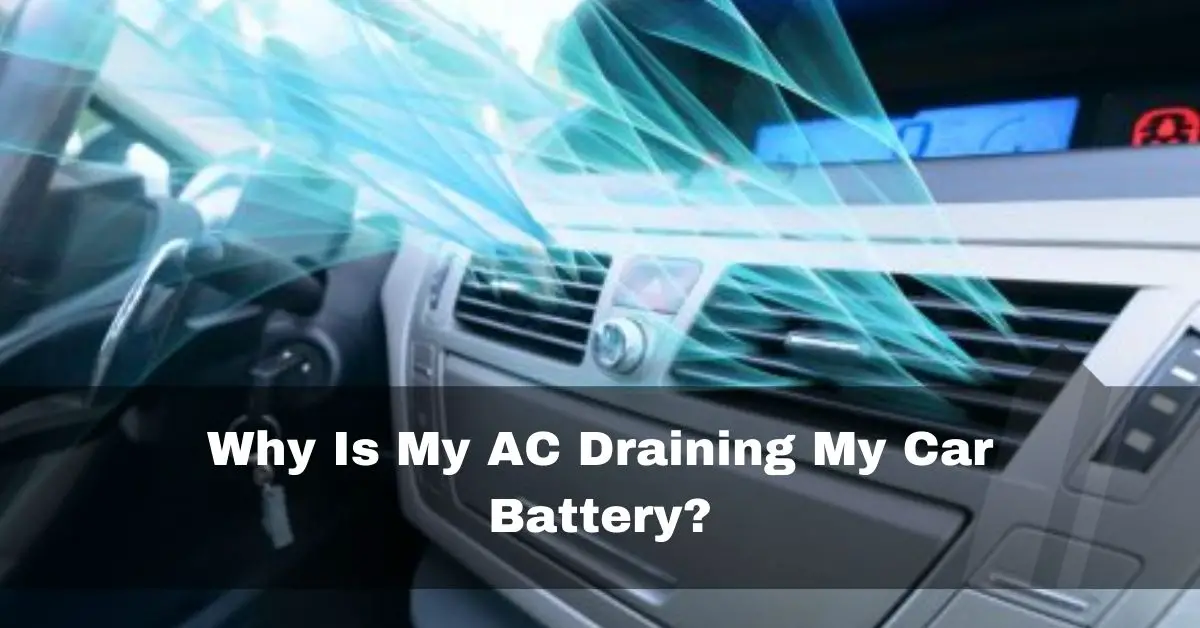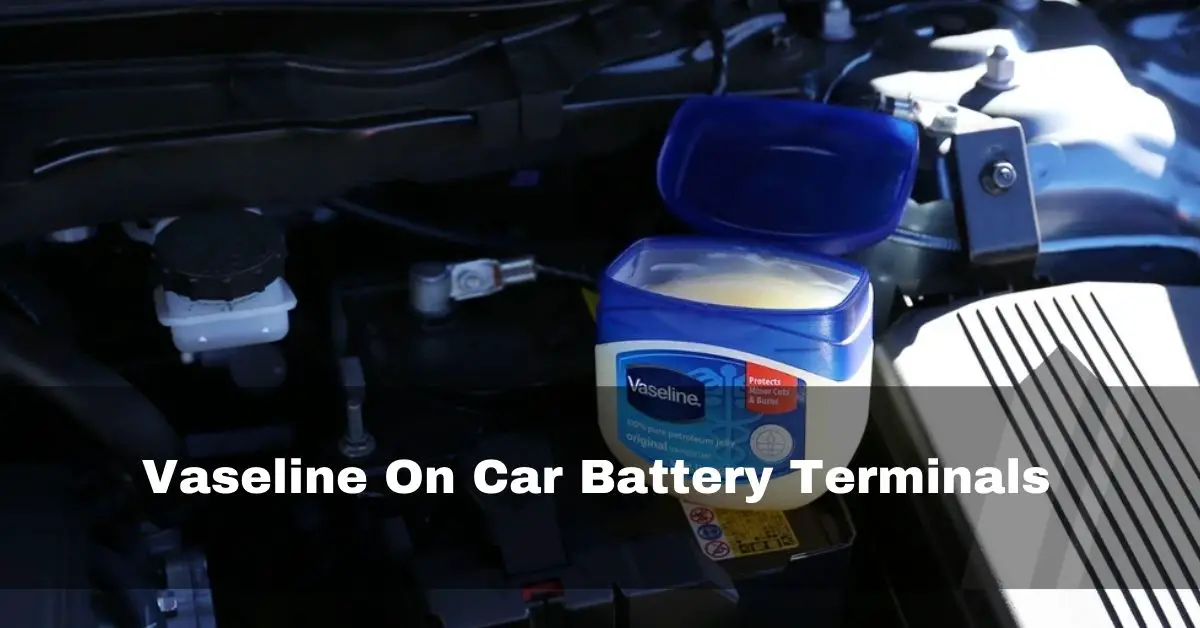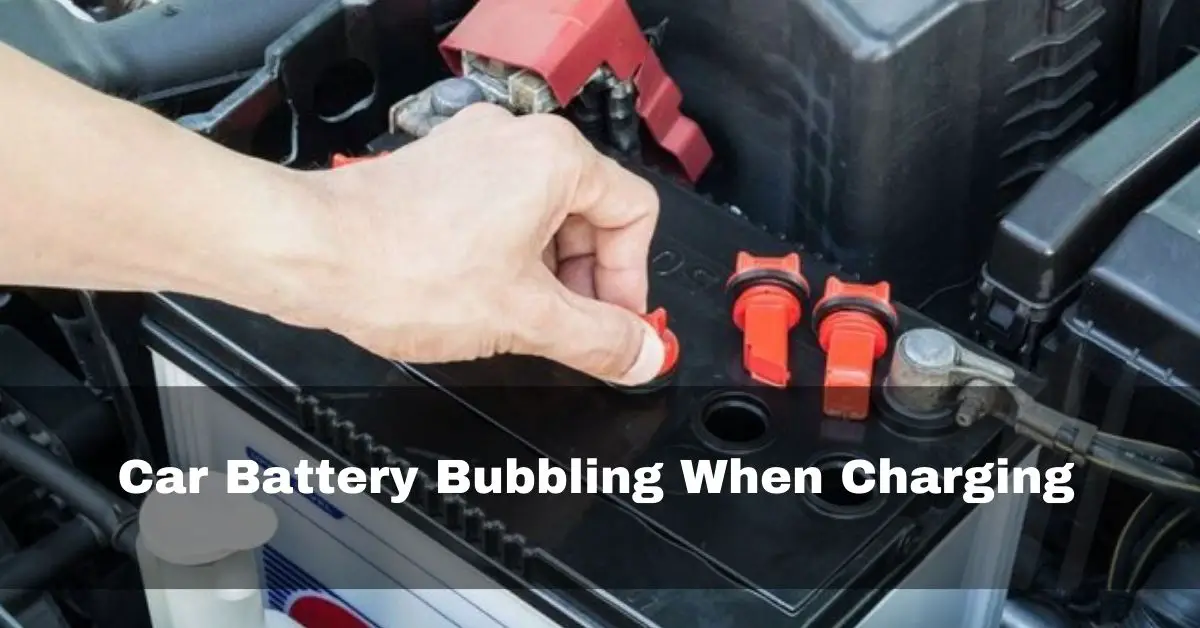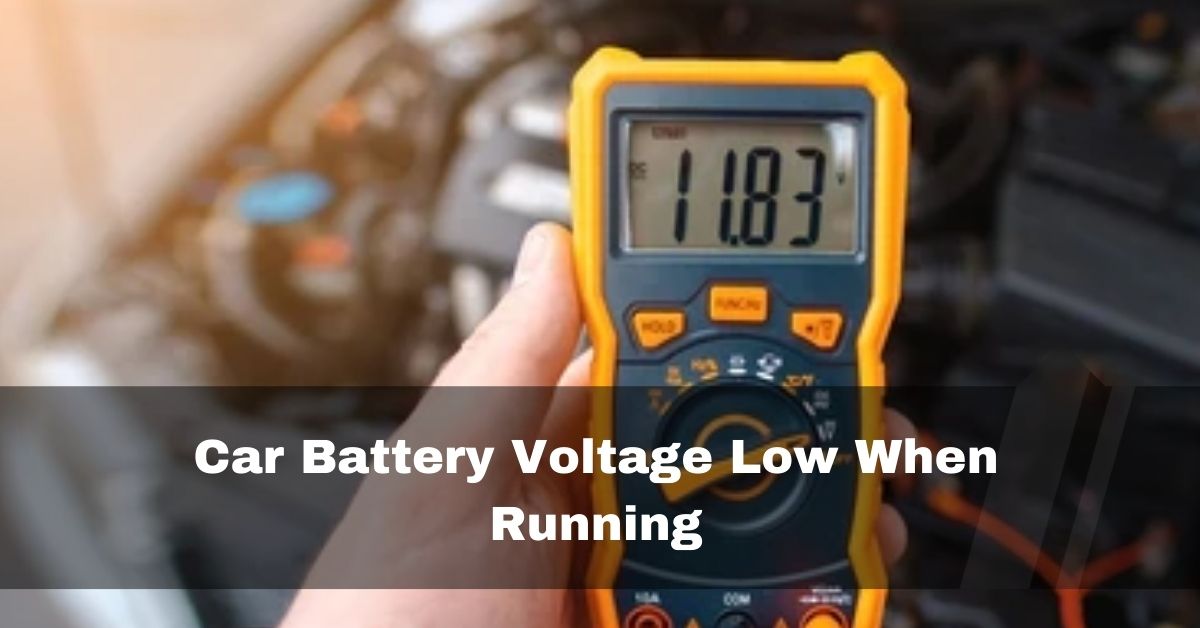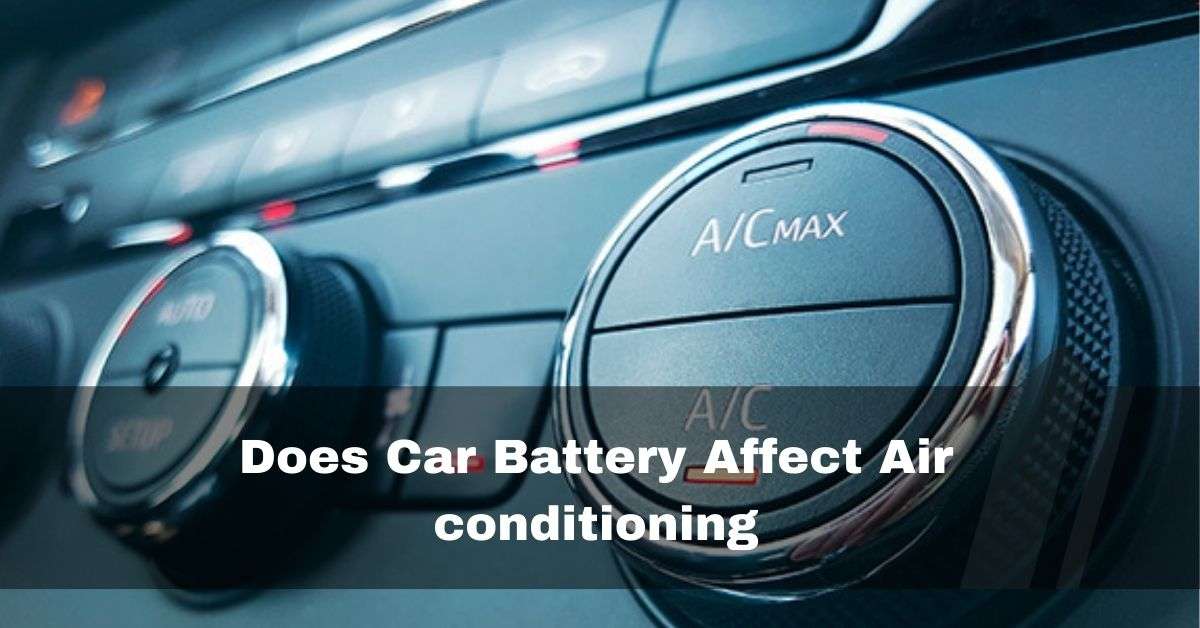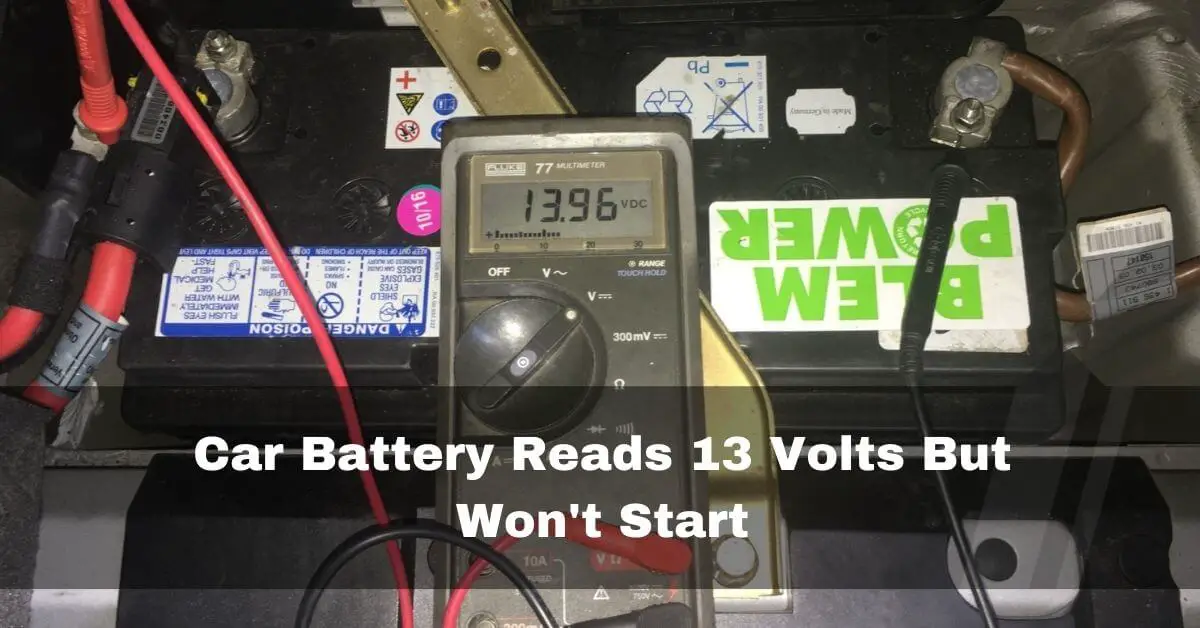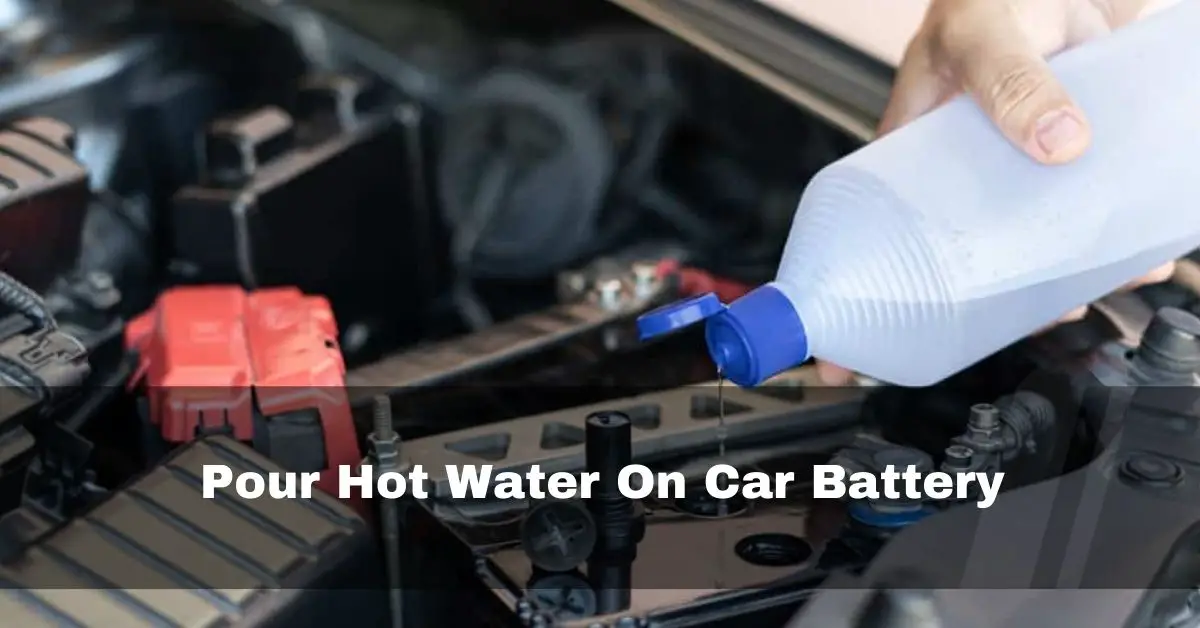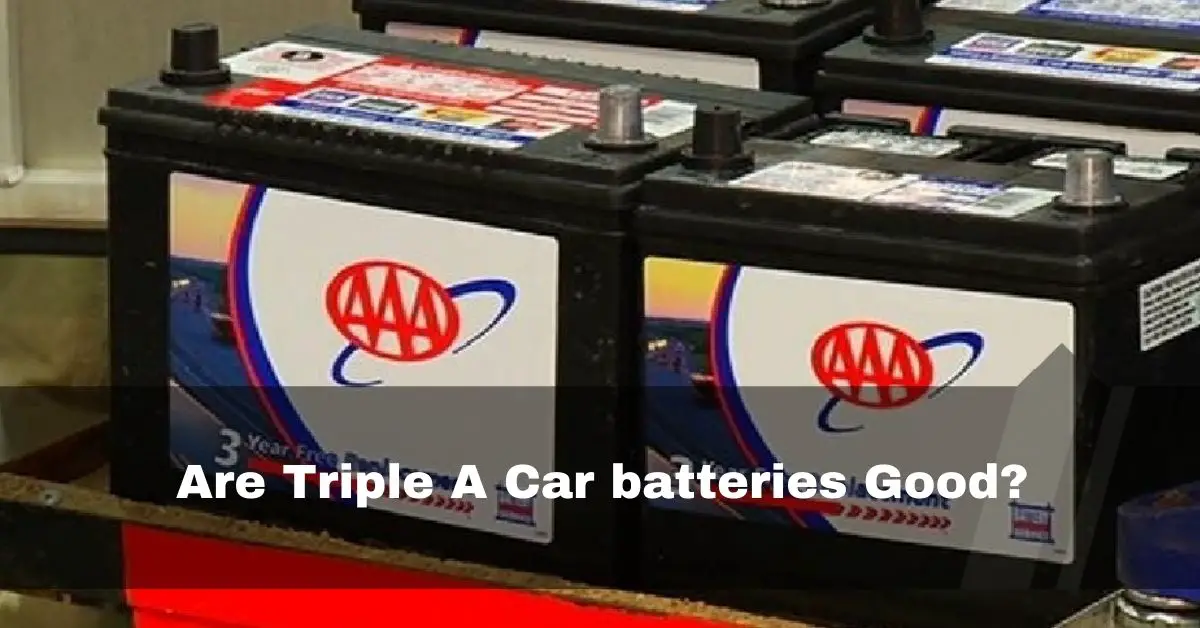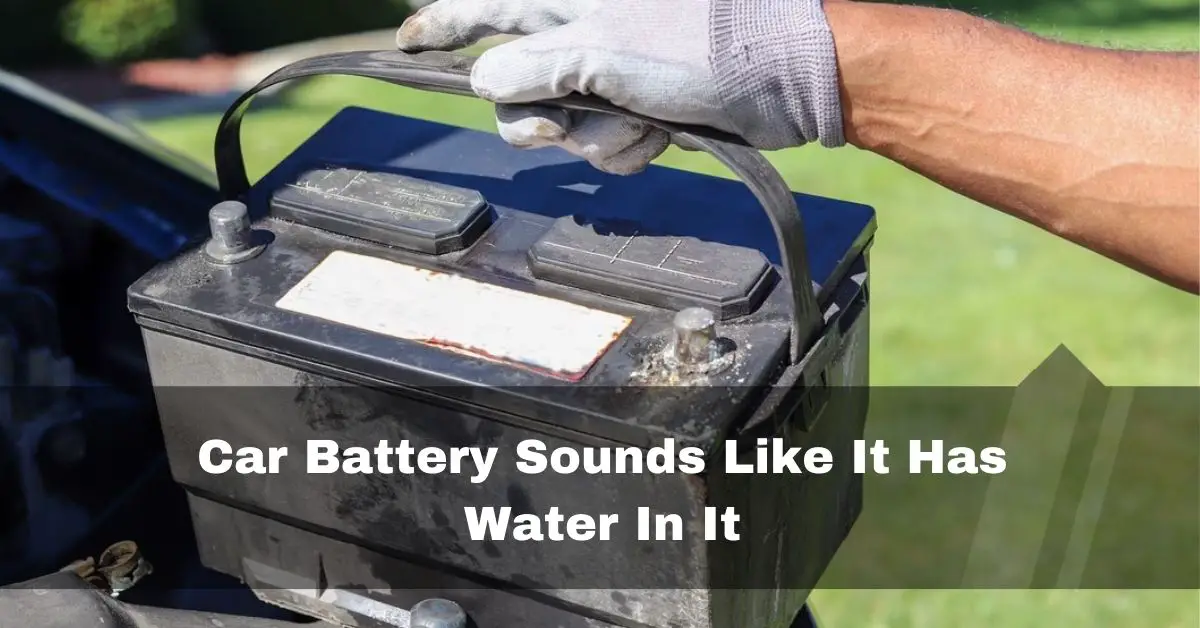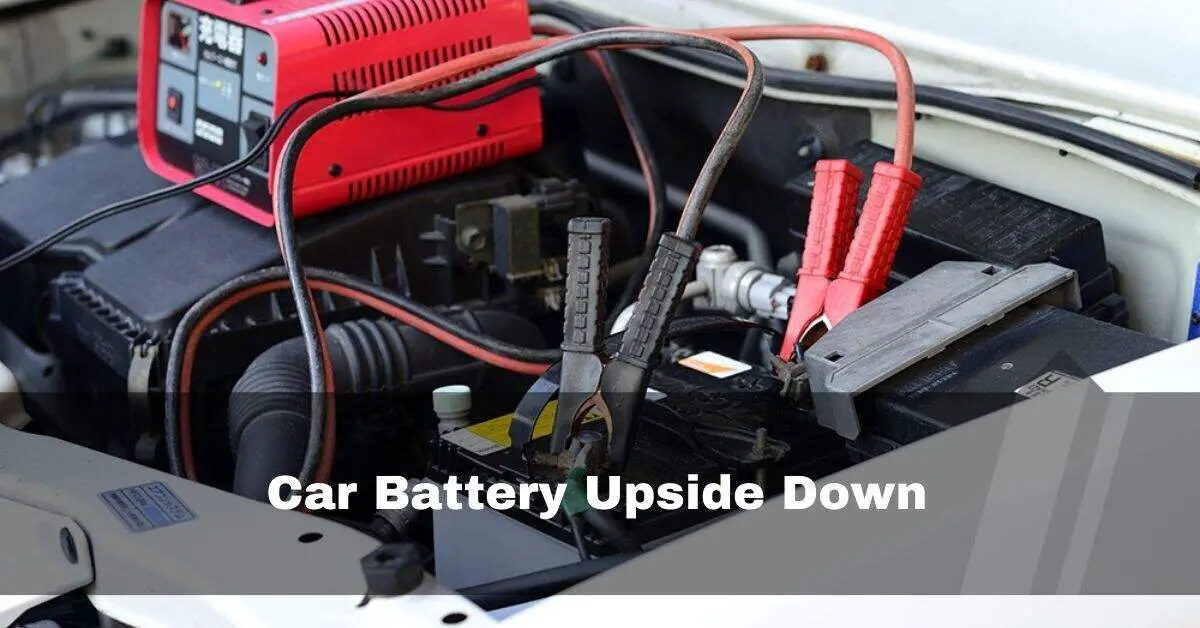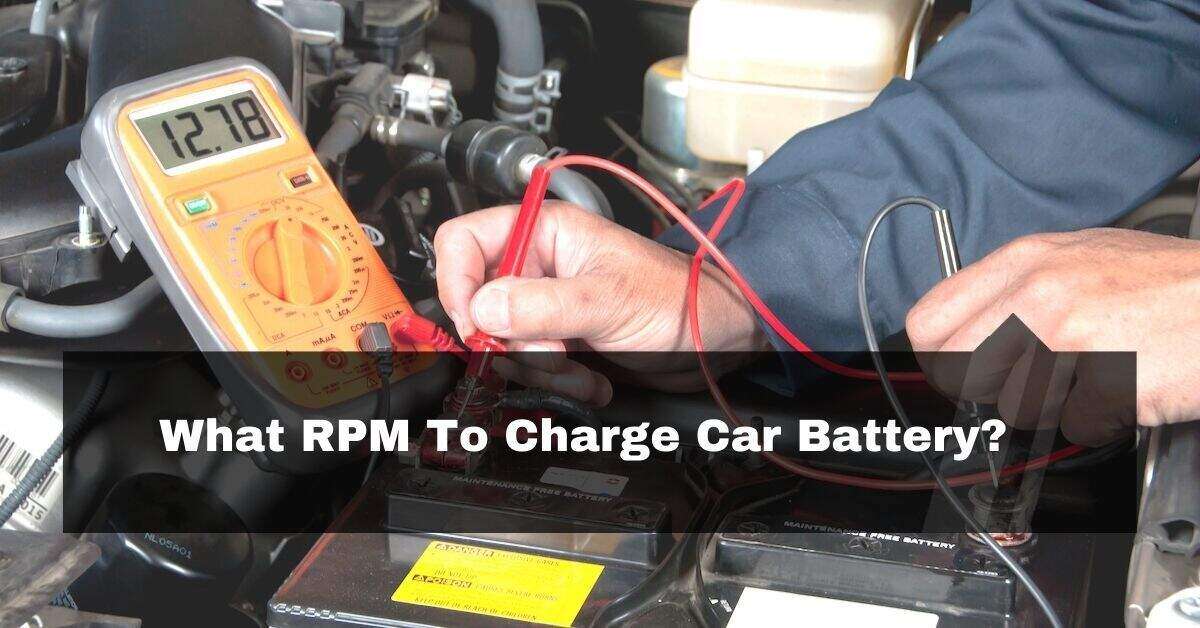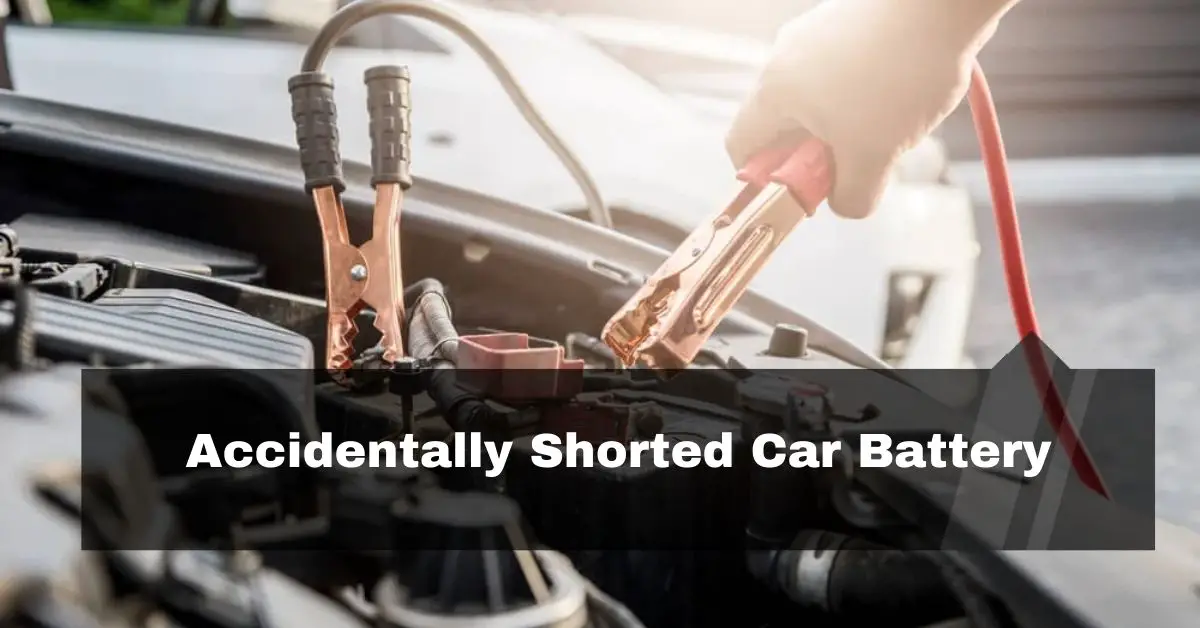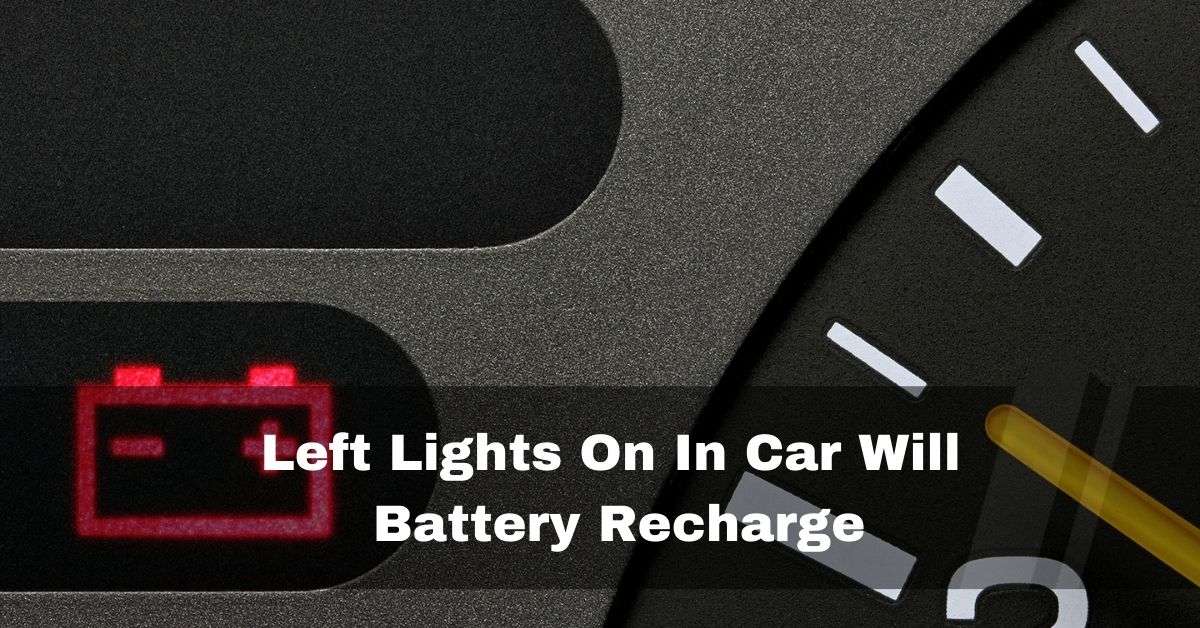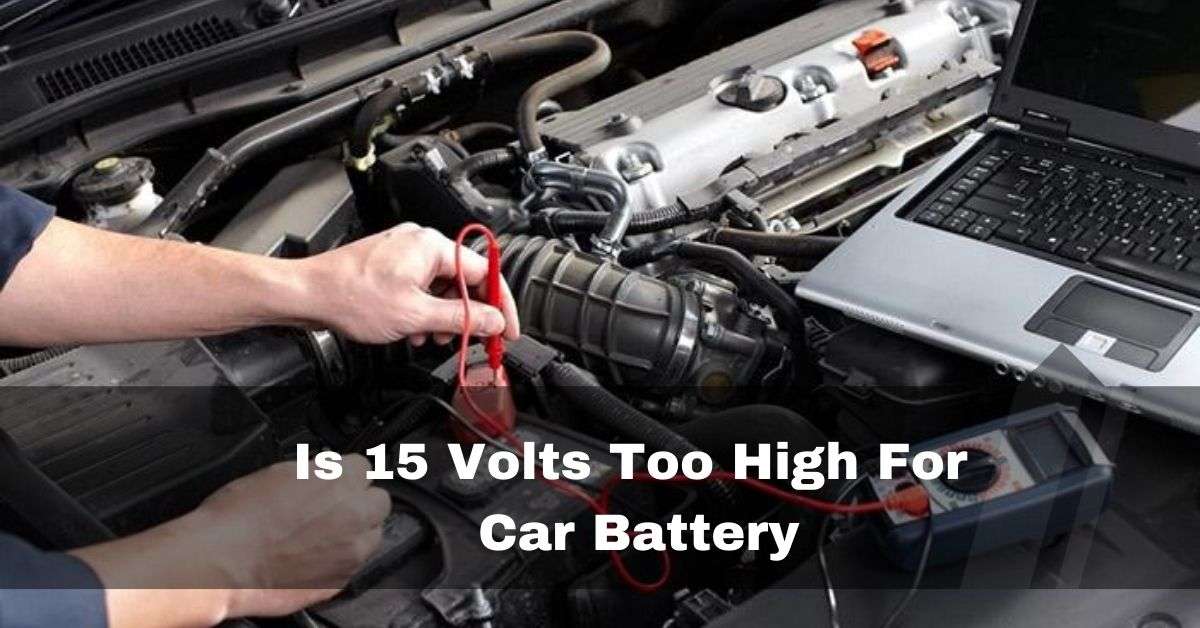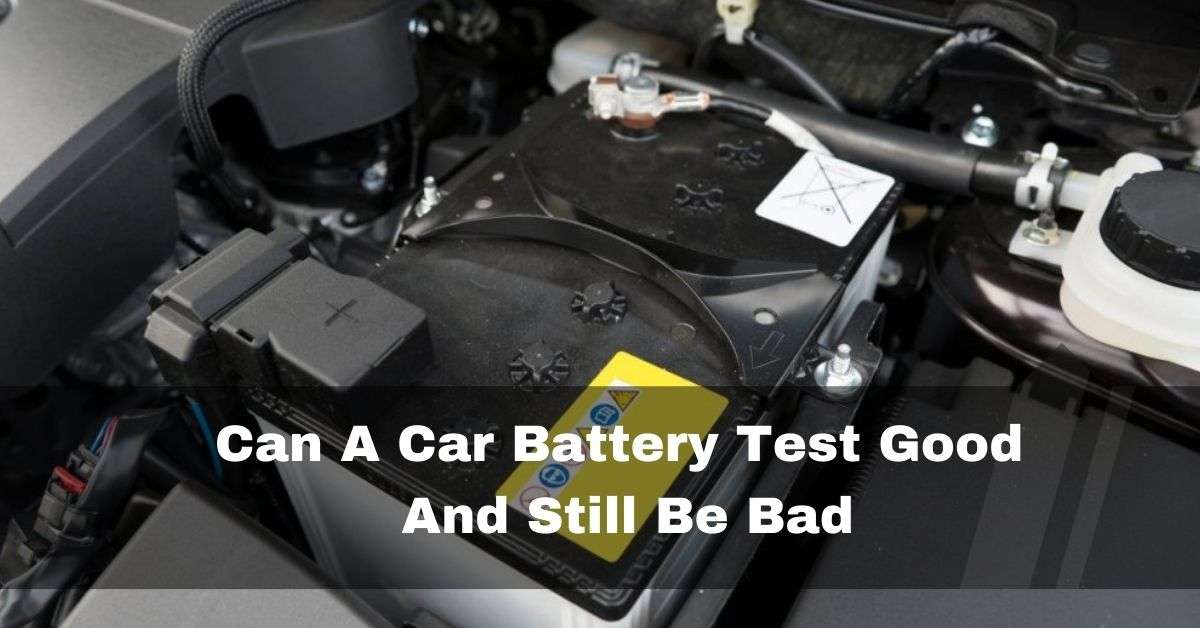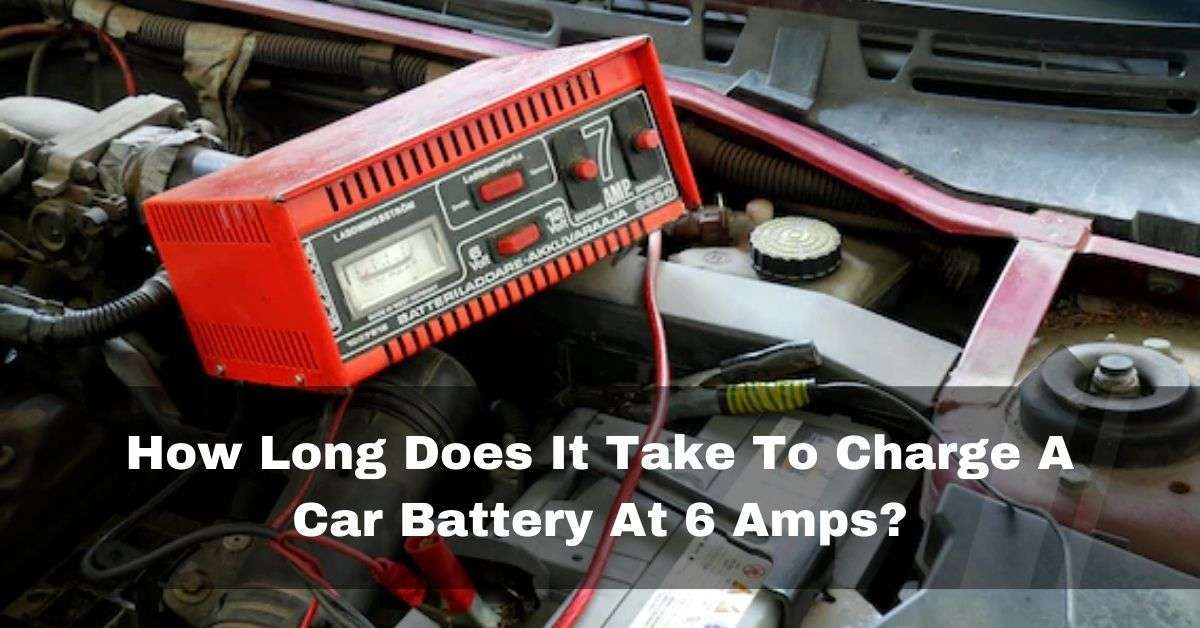Seeing my car battery display a voltage of 15 volts or higher has been a bit problematic. I’ve come to understand that for optimal performance, the battery needs to maintain a specific voltage range.
Battery reading 15 volts?
If your car battery is showing 15 volts or more, it suggests a potential issue with the alternator. A reading above the typical range, which is around 13.5 to 14.5 volts, could indicate a malfunctioning voltage regulator in the alternator.
In this article, I’ll share insights into the possible reasons behind an elevated voltage reading and delve into suitable solutions to rectify the problem.
Table of Contents
Is 15 Volts Too High For Car Battery?
Yes, a voltage of 15 volts is generally considered too high for a car battery. In a healthy charging system, the voltage across the battery terminals while the engine is running should typically be in the range of 13.5 to 14.5 volts. When the voltage exceeds this range and consistently measures 15 volts or higher, it may indicate overcharging.
Also Read: How To Fix Reverse Polarity On A Car Battery
Causes Of A Car Battery Showing 15 Volts:
Encountering a car battery displaying 15 volts or more has led me to explore the potential causes behind this unusual reading.
1. Faulty Voltage Regulator:
To prevent the battery from being overcharged, the voltage regulator controls the alternator’s rate of charging. An excessive amount of voltage the alternator produces due to a broken voltage regulator can raise the battery voltage measurement.

2. Alternator Problems:
While the engine operates, the alternator produces electricity and recharges the battery. An increased voltage reading can occur if the alternator supplies the battery with too much voltage due to a malfunctioning internal voltage regulator or other problems.
3. Battery Cell Damage:
Multiple cells make up car batteries, which combine to produce power. The total voltage reading may seem higher than usual if there are one or more degraded or damaged cells in the battery.

Also Read: Car Battery Bubbling When Charging
4. Faulty Voltage Gauge:
A malfunctioning voltage gauge can also give false readings, albeit less frequently. Inaccurate voltage measurements may occur due to malfunctions or wear and tear on the indicator over time.
How To Fix Car Battery Showing 15 Volts?
Dealing with a car battery showing 15 volts or more has prompted me to delve into effective solutions to rectify this issue. Through my own experiences, here’s a personalized guide on how to address and fix the problem:
1. Replace Faulty Voltage Regulator
Have a qualified mechanic examine and replace the defective voltage regulator to resolve this problem. It is advised to visit a trained mechanic or automotive specialist when experiencing issues with the voltage of your car battery.
They have the knowledge and diagnostic equipment to pinpoint the real problem and offer workable remedies. Have them inspected, repaired, or replaced as necessary.
If the voltage regulator or alternator is found to be the issue. Ignoring these problems could cause the electrical system and the battery to become much more damaged.
2. Resolve Alternator Problems:
To resolve alternator problems causing excessive voltage, replace the faulty internal voltage regulator or address other issues affecting its performance. Regular maintenance and timely repairs ensure optimal charging and battery functionality.
3. Inspect Battery Damaged Cells:
Use a battery load tester or have a professional do a battery test to discover if this is the root of the problem. Replace the battery if damaged cells are found to return voltage levels to normal.
4. Replace Voltage Guage:
Have the voltage gauge replaced by a pro if it is discovered to be defective. It will guarantee accurate voltage readings and make monitoring the battery’s performance easier.

Also Read: Car Battery Clicking While Charging
Signs And Symptoms Of A Faulty Voltage Regulator:
Here are some typical warning signs and symptoms of a bad voltage regulator:
1. Abnormally High Voltage Reading:
The voltage regulator might be broken if your automobile battery consistently registers a voltage reading of 15 volts or higher. This extreme voltage may harm the battery and other electrical components.

2. Overcharging Battery:
The alternator may supply excessive voltage due to a broken voltage regulator, overcharging the battery. It may result in battery deterioration, electrolyte loss, and possibly an explosion risk.
Also Read: How Long Does It Take To Charge A Car Battery At 6 Amps
3. Dim Or Flickering Lights:
When the voltage regulator malfunctions, the electrical system may experience fluctuations, which could lead to interior lights, dashboard lights, or headlights that are dull or flickering. This symptom could worsen at faster engine speeds or in the presence of more electrical loads.

4. Battery Draining Or Discharging:
A broken voltage regulator might prevent the battery from charging properly, leading to the battery discharging or draining even when the engine is running. The voltage regulator may be to blame if your battery frequently dies or becomes weak.
Also Read: How Far Can A Car Drive On Battery Only
5. Overheating Battery:
The battery may become overheated if the voltage regulator cannot regulate the charging rate. It can eventually result in battery degradation, decreased performance, and a shorter lifespan.

6. Warning Lights:
The battery warning or check engine light may occasionally turn on when a voltage regulator is malfunctioning. These lights are warning signs for potential problems with the voltage regulator and other electrical components.

If you notice any of these symptoms, it is advised to have your car checked out by a qualified mechanic so they can correctly identify the problem and suggest the required fixes or replacements. Prompt action is essential because failing voltage regulators can cause severe harm to your battery and other electrical components.
Also Read: Car Only Starts When Jumped Battery Good
How To Diagnose Overcharging In A Car Battery?
Diagnosing overcharging in a car battery is crucial to prevent potential damage to the battery and other electrical components. Here’s a personalized guide based on my own experiences:
Step 1:
Step 1 is to start the automobile. To activate it, you should use jumper cables. Remove the wires once the engine has started, then check the voltage at the battery terminals. The ideal voltage range is between 12.8 volts and 14.7 volts. Anything above 14.7 volts is a sign that the battery has been overcharged.

Also Read: Lightweight Car Battery Daily Driver
Step 2:
If you notice that the voltage regulator behaves like an electrical current that flows volts across the battery, look for a broken regulator. Your car’s battery could be overcharged if the voltage regulator malfunctions.

Step 3:
Calculate the alternator’s voltage. Once more, the voltage reading should fall between 12.8V and 14.7V. Always pay particular attention to the alternator when diagnosing an overcharging battery since it can provide too much electricity to the battery.

Related Questions:
1. Is a voltage of 15 volts normal for a car battery?
No, a voltage of 15 volts is generally higher than the normal charging range for a car battery, which is typically between 13.5 and 14.5 volts when the engine is running.
2. What is too much voltage for a car battery?
Typically, when the engine is running, a healthy charging system maintains a voltage between 13.5 and 14.5 volts across the battery terminals. If the voltage consistently exceeds this range, it may indicate overcharging.
3. Can a high voltage reading harm my car battery?
Yes, prolonged exposure to high voltage levels can lead to overcharging, resulting in electrolyte loss, accelerated water consumption, and potential damage to the battery.
4. What Happens If Battery Voltage Is Too High?
Overheating from excessive voltage can lead to the early failure of electrical and electronic components (such as circuit boards); overheating results in cumulative and irreparable harm.
5. How Can I Test The Accuracy Of The Voltage Reading?
Use a trustworthy multimeter to gauge the voltage directly from the battery terminals Compare the voltage reading on your car’s instrument panel with the reading from the multimeter.
6. How Do I Know If My Alternator Is Overcharging My Battery?
On the dashboard of your car, you see a high voltage reading. The ignition voltage typically starts high before settling at 13 or 14 volts. Get your car checked if the voltage measurement is 15 volts or above.
7. Can overcharging affect other electrical components in my car?
Yes, overcharging can potentially damage other electrical components in the vehicle. Addressing the issue promptly is essential to prevent further complications.
8. Is it safe to drive my car with a battery showing 15 volts?
It’s not advisable to drive with a consistently high voltage reading, as overcharging can lead to battery damage and affect other electrical components. It’s recommended to address the issue promptly.
9. Can extreme temperatures affect the voltage of my car battery?
Yes, extremely high temperatures can impact the chemical reactions within the battery and contribute to elevated voltage readings. Avoiding prolonged exposure to heat is advisable.
10. Will a high voltage reading drain my car battery faster?
Yes, overcharging can lead to accelerated wear and reduce the lifespan of your car battery. Addressing the issue promptly helps preserve battery health.
Conclusion:
A deeper problem must be addressed if your automobile battery’s voltage reading is 15 volts or higher. A defective voltage regulator, alternator issues, battery cell damage, or a broken voltage gauge are possible culprits. It’s essential to take care of these problems right away to ensure the electrical system in your car operates dependably and lasts a long time. Hire a skilled expert to help you, so they can precisely diagnose the issue and offer the right solutions. Remember that your car will run more smoothly if your battery is in good condition.
Also Read:
- What Happens If You Hook Up A Car Battery Backwards?
- Why Is My AC Draining My Car Battery?
- Replaced Car Battery Now AC Doesn’t Work
- Car Battery Acid Spilled In The Trunk
References:
- https://www.linkedin.com/pulse/my-car-battery-alternator-problem-praveen-nallapothula
- https://www.reddit.com/r/MechanicAdvice/comments/ajr9uf/battery_at_15_volts_while_driving_is_this_a/
- https://www.quora.com/My-car-battery-is-charging-at-15-5-volts-Is-the-battery-bad
- https://mechanics.stackexchange.com/questions/45283/is-15v-too-high-for-a-standard-car-battery
- https://rennlist.com/forums/991/1329918-voltage-reading-above-15-0-v-on-dash-is-this-a-serious-problem.html

